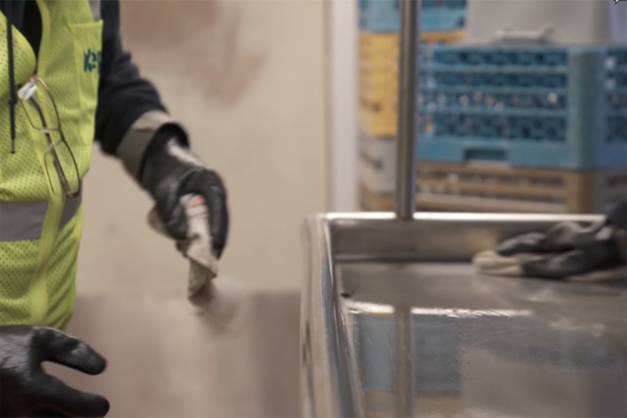Revolutionary Cleaning Tech: How Kept Companies Is Transforming Industry Standards

Mastering Meat and Poultry Department Hygiene: A Comprehensive Approach
Maintaining impeccable cleanliness in grocery meat and poultry departments isn't just about occasional cleaning—it's about implementing a strategic, consistent maintenance program. According to Jerry DiGiovanni, president of Kept Companies, the secret to success lies in establishing a rigorous and regularly scheduled sanitization routine.
By developing a comprehensive cleaning strategy that goes beyond surface-level wiping, grocery stores can ensure food safety, enhance customer confidence, and meet stringent health regulations. Regular, systematic cleaning not only prevents bacterial growth but also creates a visually appealing and hygienic environment that customers trust.
DiGiovanni emphasizes that frequency and consistency are paramount. A well-planned maintenance schedule that addresses every surface, from display cases to cutting areas, is crucial in preventing cross-contamination and maintaining the highest standards of food safety.

